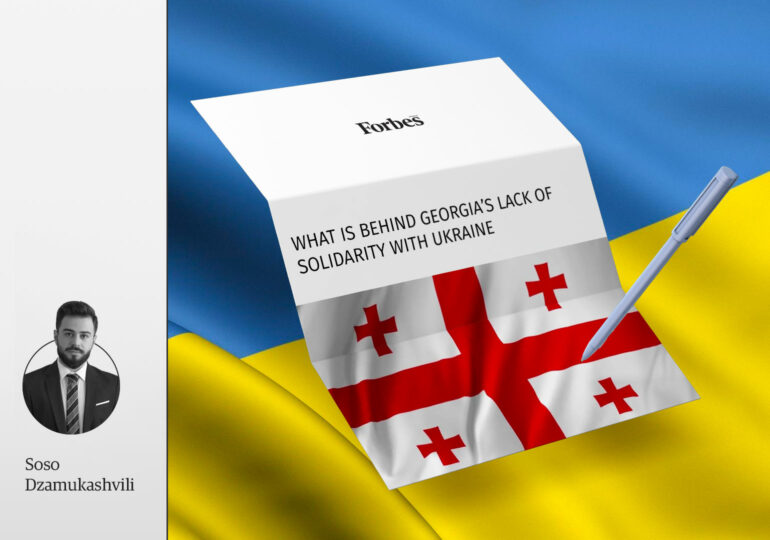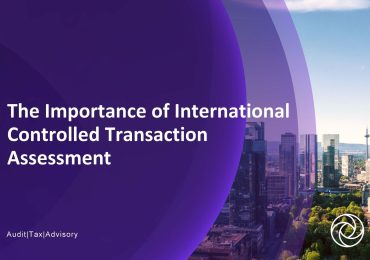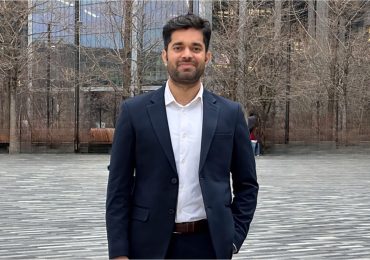Europe is likely to face a war in the upcoming weeks as Russia has amassed more than 120,000 troops in the vicinity of the Ukraine border. As fears of a potential military escalation are growing, Ukraine’s western partners are delivering a significant amount of military and humanitarian aid to Kyiv. The Ukrainian crisis appears similar to the Russian aggression in Georgia in 2008 as the backdrop in both cases has been Russia’s determination not to let the two former Soviet states move closer to the West. However, while Ukraine has received support from many of its partners, the Georgian government has for the most part chosen to keep a low profile. Georgian Prime Minister Irakli Gharibashvili and other officials have been conspicuously silent. The only government representative to offer vocal support for Ukraine has been Foreign Minister David Zalkaliani, who in a January 23 tweet, expressed solidarity with Ukraine. Tbilisi’s silence led opposition parties to demand a parliamentary debate on the issue, which eventually pushed the ruling party to adopt a resolution. The document was almost futile as it failed to even mention Russia and its aggressive foreign policy. The resolution was boycotted by the opposition and was condemned by a large segment of the Georgian public. To justify its position, the government made a statement that the text was “principled, but without any extra provocative sharpness.” The Georgian government has failed to provide minimal vocal support for Kyiv, not to mention no material aid. The ruling party’s neutral stance appeases the Kremlin and can only undermine Georgia’s image in the eyes of its Western partners.
Partnership without substance
The Georgian government’s cautiousness is perplexing as Georgia and Ukraine have long shared a friendly partnership. Since the dissolution of the Soviet Union, the fates of the two countries have been entangled in their strife to make headway towards democratic transition and economic development. After the 2003 Rose and 2004 Orange revolutions, Georgia and Ukraine eventually abandoned their former Soviet trajectories and started to actively pursue the path of integration in western institutions. The strategic partnership between Tbilisi and Kyiv soon encompassed security as the Kremlin, angered by the two countries’ pro-Western aspirations, tried to coerce them with aggressive politics. The development of joint Ukrainian-Georgian strategies for deeper integration into the Euro-Atlantic structures and to deter Russian aggression called for greater coordination, which has been missing in the past several years.
The relationship between Kyiv and Tbilisi has been strained in the recent past largely due to Georgia’s former president, Mikheil Saakashvili. In 2013, Saakashvili fled to Ukraine to avoid criminal charges brought against him by the Georgian government, which he claimed were politically motivated. He was sentenced in absentia to three and six years in prison respectively for alleged crimes he committed as president. In 2015, Saakashvili became a Ukrainian citizen after accepting an offer from the Ukrainian president, Petro Poroshenko, to help speed up reforms in the country. However, the pair’s relationship quickly soured, and Saakashvili was quickly stripped of his Ukrainian passport and left stateless. Georgian Dream has since claimed that Georgia’s former president was a major factor in the deterioration of the relationship between Georgia and Ukraine. Nevertheless, after former Ukrainian President Petro Poroshenko stripped Saakashvili of his Ukrainian citizenship in 2017 and deported him from the country, the relationship between Tbilisi and Kyiv did not see any significant recovery. In 2019, the Georgian Orthodox Church and the government failed to officially welcome and support the Ukrainian Orthodox Church, which was granted autocephaly (independence) in a historic split from the Russian Orthodox Church.
The relationship between Tbilisi and Kyiv has seen some improvement last year after Georgia along with Ukraine and Moldova signed a memorandum of understanding on establishing enhanced cooperation on European integration – the “Association Trio”. However, Tbilisi decided not to join a statement signed by various European states opposing the Nord Stream 2 pipeline and showing support for Ukrainian sovereignty. Now, Saakashvili is back in Georgia and absent in Ukrainian politics. Yet, the Georgian Dream party does not seem to be willing to turn a new page in relations with Ukraine, which indicates the presence of other significant factors shaping the party’s stance.
From ‘non-irritation’ policy to appeasement
Since coming into power in 2012, the Georgian Dream party was set to establish peaceful relations with Russia and to “preserve the communication channel” through direct bilateral dialogue as the two countries had severed inter-state relations following the August 2008 war. Georgian Dream introduced its “non-irritation” doctrine to thaw relations with Moscow. This approach was aimed to circumvent another possible conflict with Russia, one of the major electoral promises that guaranteed that party’s victory in elections. The ruling party argued that the normalisation of relations was the most rational approach to dealing with the Kremlin.
However, Georgian Dream’s decision to completely stay silent during the ongoing Ukraine crisis has led a considerable part of Georgian society to believe that the incumbent party’s policies are in compliance with the Kremlin’s interests. The basis of the party’s rhetoric lies in fears of being confronted by Russian aggression once again, with neither NATO nor the EU viewing Georgia as an intrinsic part of their interests. The government’s cautiousness is based on pragmatism, which implies remaining neutral to avoid being dragged into a conflict. Although the party’s calculation seems to have some rationale, it can damage Georgia’s interests in the long run.
The Georgian government’s non-irritation policy has not benefited Tbilisi. For more than a decade, Russian occupying forces have demarcated along, and allegedly beyond, the administrative lines between Georgia and occupied territories in a process referred to as ‘illegal borderization’ or ‘creeping occupation.’ The abduction and imprisonment of Georgian citizens on the territory under separatist control and humanitarian difficulties in Abkhazia and South Ossetia remain unresolved problems. In addition, Russia recognises the independence of Abkhazia and South Ossetia and enjoys a substantial military presence in both breakaway territories, subverting Georgian security.
While Georgia still enjoys relatively significant support in the West, the Georgian government’s lack of solidarity with allied Ukraine cannot be justified. Georgian Dream’s reluctance to demonstrate at least strong vocal support for its close strategic partner might be internationally perceived as a cue that Georgia is turning its eyes away from the West. The Georgian governments dwindling commitment to Western-backed democratic reforms have already distanced the country from its allies in the EU and US. In September 2021, the Georgian Dream party refused the EU’s macro-financial assistance package due to its conditions – undertaking judicial reforms recommended by the Council of Europe’s Venice Commission. Instead, the government turned to the China-led Asian Infrastructure Investment Bank for a loan, which did not include such conditionality.
The Georgian government’s destructive decisions and lack of solidarity with Ukraine might lead its Western friends, Poland and the Baltic states, but most importantly, the entire EU and the US to lose interest in taking new tangible steps to deepen linkages and cooperation with Tbilisi. As a result, Georgia might be left with no important source of diplomatic and economic assistance. The Georgian Dream’s ‘non-irritation’ approach towards Moscow has been gradually transforming into sort of an “appeasement policy,” leading Tbilisi closer to the Russian orbit. To avoid this scenario, the Georgian government must raise its voice and strengthen its alliance to maintain support from the EU and the US. Tbilisi needs to underline that it remains willing to join international efforts to deter Russian aggression. A new conflict in Ukraine and the complete absence of Georgian support for Kyiv could have severe implications for Georgia. By distancing itself, Tbilisi will unequivocally end up behind a new Iron Curtain between Moscow and the West.
















